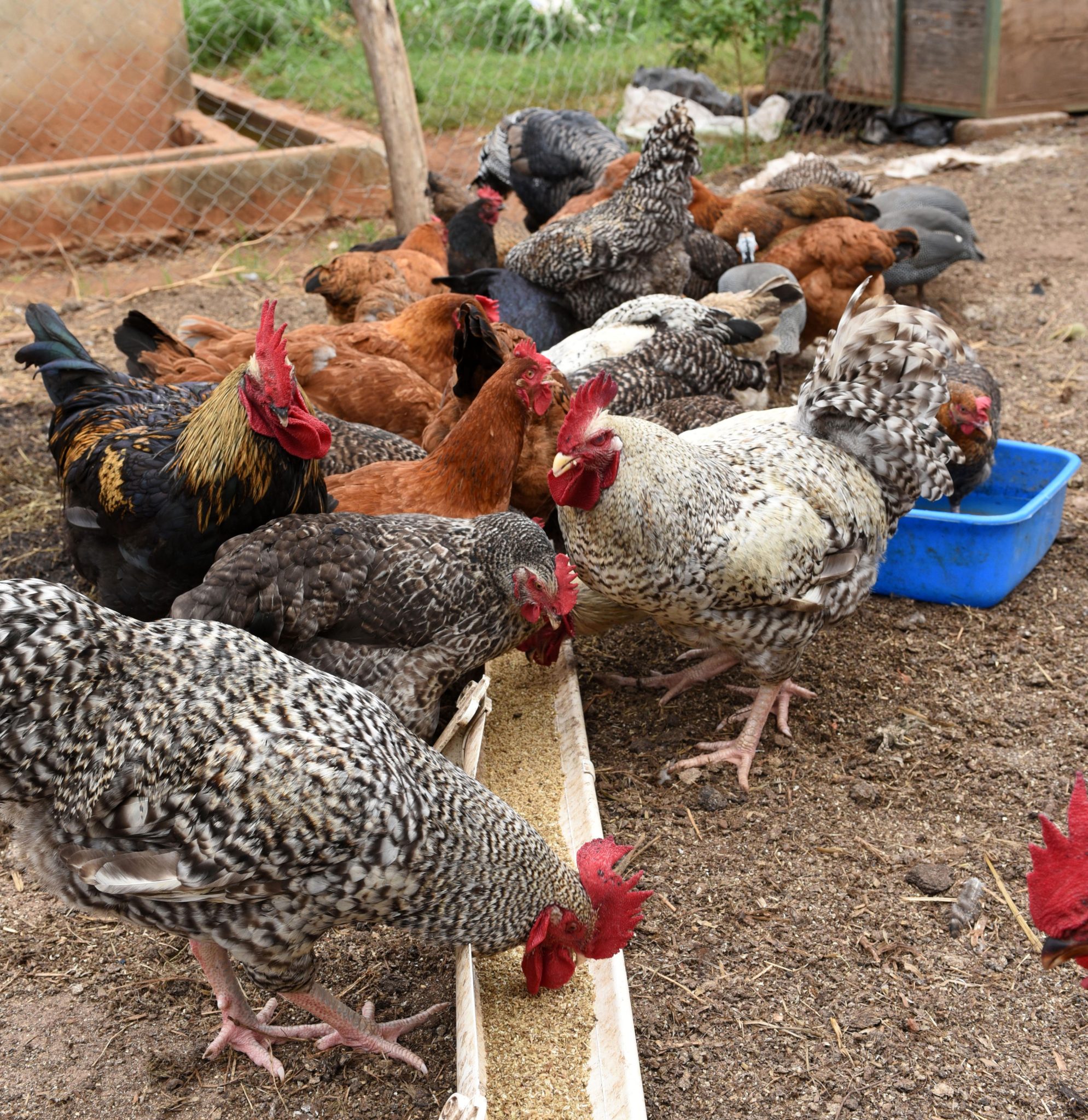Traditionally, segregating viral vaccine strains in Uganda has posed significant challenges, primarily due to the reliance on expensive and difficult-to-source eggs, often procured out of the country. This dependency not only hampers local vaccine production timelines but also imposes additional financial burdens on research and by extension to farmers because of hefty expenses related to shipment and freight taxes.
Recognizing the need to address this challenge, scientists at NaLIRRI embarked on a mission to find a local solution. The team has identified a new cell line/approach capable of supporting poultry vaccine multiplication. This breakthrough not only shortens the vaccine development processes but also promotes self-reliance by reducing dependency on foreign suppliers for critical research reagents.
According to Dr. John Bosco Omwony, this innovation is a significant turning point in poultry vaccine research, empowering the country to take control of its animal healthcare destiny. “We are not just breaking barriers; we are paving the way for a healthier, more resilient future in regards to poultry healthcare.
The approach shortens vaccine development process by several months and is currently being applied in the development of a vaccine for the notorious Newcastle disease. This is part of the intervention targeted at developing novel poultry vaccines to enhance control of Newcastle and Gumboro diseases for poultry agro-industrialization in Uganda.
By streamlining vaccine development processes and ensuring quicker access to vital vaccines, Uganda stands to benefit immensely. “Farmers, scientists, and the broader community will save valuable time and resources, enabling more efficient disease management and safeguarding poultry health” Dr. Tonny Kabuuka, the Project Principal Investigator notes
The development of efficacious vaccines tailored to local strains represents a turning point in the fight against these debilitating poultry diseases-Newcastle & Gumboro, promising improved performance and returns on investment for the poultry sector.
With Uganda’s poultry industry comprising predominantly indigenous chicken, totaling millions at risk of infections and diseases, the stakes are high. Newcastle disease alone inflicts significant economic losses, underscoring the urgency of comprehensive disease control measures.
Top of Form
Bottom of Form
Poultry farmers in Uganda and the region are constantly battling endemic diseases using poor diagnostic skills and control strategies. This makes it impossible to decisively manage the diseases in a cost-effective manner which in turn makes primary producers and other value chain actors unable to secure food and income security, engage in market-led production and value addition.
Control and containment costs of endemic diseases like Newcastle disease (ND), Infectious Bronchitis (IB), Infectious bursal disease (IBD or Gumboro), have been reported to claim up to 50% of the total costs of production.

